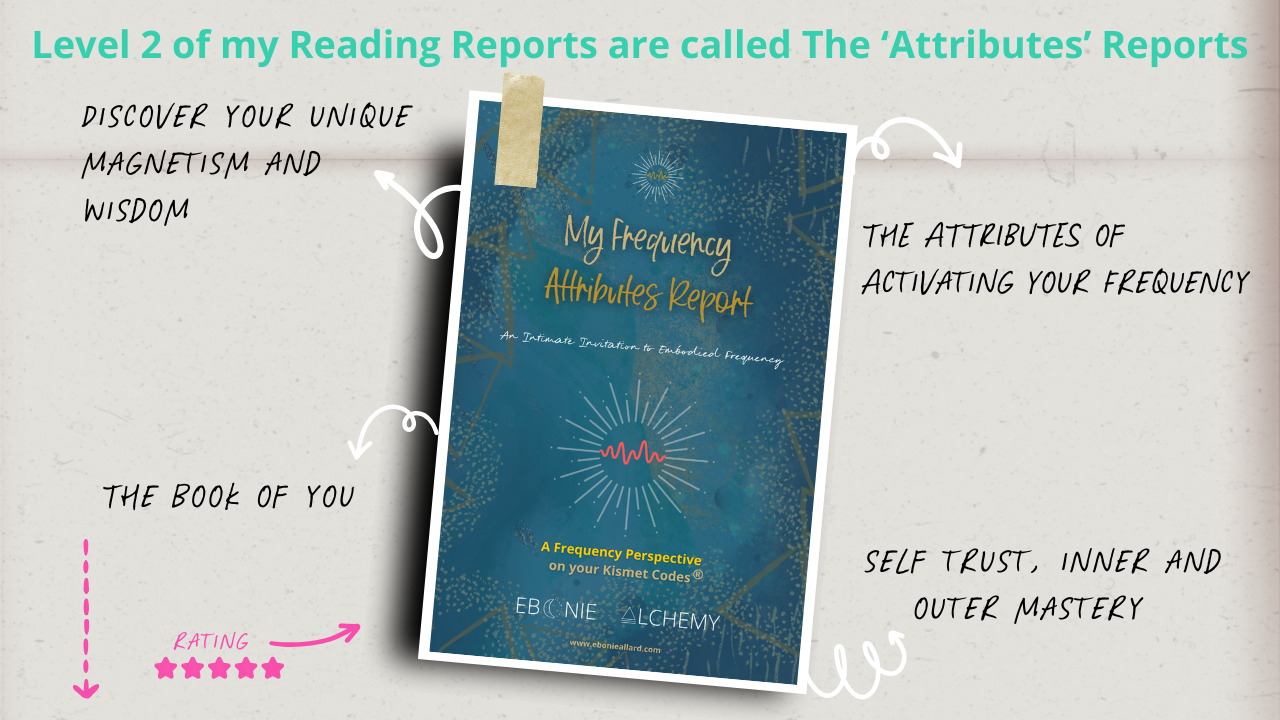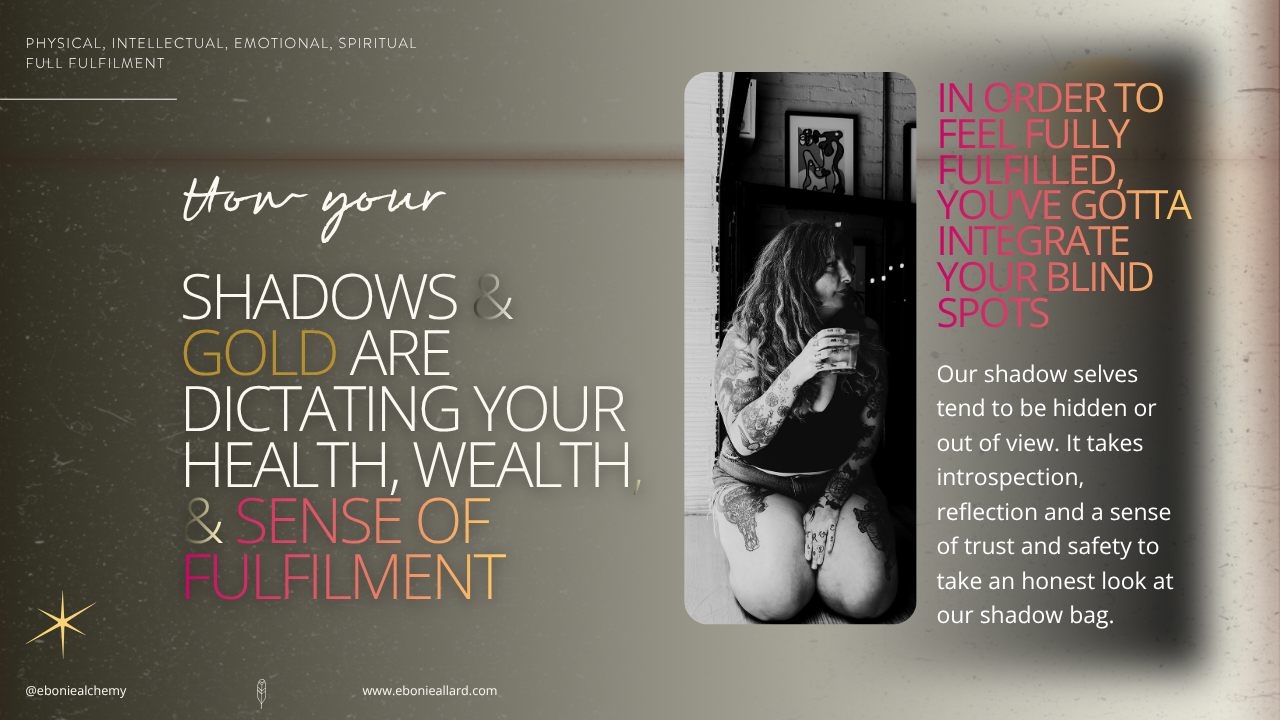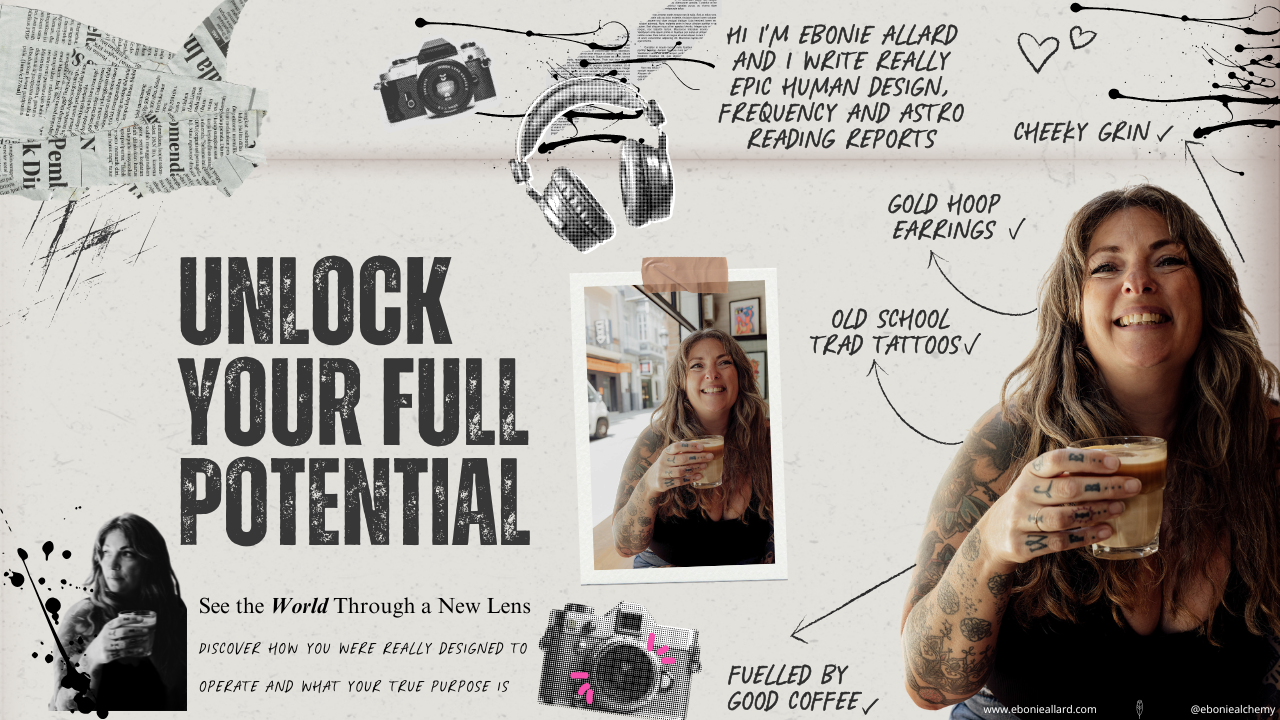
Is there transference in your coaching relationship?
Mar 28, 2022Has your relationship with a coach ever become blurred?
“Being heard is so close to being loved that for the average person, they are almost indistinguishable.”
― David W. Augsburger
I am the daughter of a psychotherapist.
When I was younger I would help my dad with his registration submission for the UKCP (UK Council for psychotherapy); a rigorous process set by the professional standards authority.
Doing so meant submitting case studies, proof of supervision, and continued professional development as well as meeting in depth qualification criteria.
The process made me incredibly respectful of the therapeutic container and the support required to properly hold therapeutic space for clients.
My father wasn’t just a psychotherapist though, both he and my mum came home with a vast range of holistic therapies and practices and at a young age my thirst for self actualisation became unquenchable..
My education in the wellness, holistic health and personal growth worlds has been wider and weirder than most. Some of the most unregulated wacky stuff I have taken part in has been truly wonderful. There is powerful stuff going on in the dark corners of personal growth and I don't want it to become a sterile, sanitised place.
That said, I chose to become an accredited coach because I wanted the freedom that coaching over therapy can come with. I chose an accreditation organisation that I felt would be at the forefront of regulation if the industry were ever to become regulated, because I believe that professional accountability is important.
Professional accountability (qualifications, experience, supervision, contracts) help keep people safe and whilst safety is subjective and is something that none of us can ever definitively promise another, I believe it's important to do what we can to create ‘psychologically safe environments.’
Last year I worked with a holistic practitioner whose work I respect massively. A man who I rate incredibly highly as an individual. Someone who I trusted to go deep into very old trauma patterns with me; and it got messy AF.
I am a veteran in this space and I still projected all over him.
He’s qualified, trauma informed and values integrity beyond everything else.
Even so, we found ourselves in a bucket of emotional gunk.
As we navigated our way through the experience (sometimes like grown ups, sometimes like teenagers) it got me thinking about the well meaning people in the personal growth space who have no idea about the Pandora's box they are opening when they enter a holistic coaching container.
As our relationship transitioned from professional to very personal, it got me thinking about the expectation of practitioners to be ‘gurus’ and the ease with which clients give their power to their therapist.
This world of holistic healing and conscious coaching is full of like-minded souls, allies, friends and possible lovers. It's full of potential clients, potential predators and hurt humans behaving badly.
This is not the first time I have experienced boundaries getting really blurred.
How about you?
The thing is that when we are forging new modalities, and synergising ancient wisdom with new ideas things are going to get messy.
We are both human and Divine.
Are we equipped for the mess?
We are equipped for the mess.
In this case I am proud to say that we were able to treat each other both as imperfect humans and perfect teachers.
We were able to go from coach and client to lovers, but not without some serious adulting.
Transference happens, (and that's okay.)
WHAT IS TRANSFERENCE?
Transference is a psychology term used to describe a phenomenon in which an individual redirects emotions and feelings, often unconsciously, from one person to another.
The concept was first described by Sigmund Freud in his book ‘Studies on Hysteria’ where he noted the deep, intense, and often unconscious feelings that sometimes developed within the therapeutic relationships he established with those he was treating.
When we create a ‘safe space’ for someone to explore patterns from their childhood or in their primary relationships, it is likely that there will be some transference that takes place.
This definitely happened for me. In the space of four months I made this man my dad, my rapist, my ex, my teacher, my perfect partner and eventually he became himself.
I am no longer his client. We made a choice to move into a new relationship and have actively worked on restoring the power imbalance so that I know as much about him and his vulnerabilities as he learnt about mine.
We chose to acknowledge the transference and use it and then close the container and step into a relationship. Sharing this feels uncomfortable, but it also feels important.
I see so many people sharing about teachers who abused their power. I see less about people sharing that they gave their power away.
All relationships have two sides. It takes two to tango. In my opinion it's not about what happens in the relationship but how you process and move forward from that.
People make mistakes. People project onto each other. Transference happens.
Transference (or countertransference) can be healthy or unhealthy - in many ways all relationships are based on a sense of familiarity. It's that sense of ’knowing someone’ that allows us to open up. Our ego projects how this relationship will play out, and then judges what we can expect to unfold.
It is common for people to transfer feelings about their parents to their partners or children (cross generational entanglement.) It's common for a child to call their teacher “mum” when they first move from home to school. It's common to have experienced being annoyed by a classmate who reminds you of your younger sibling.
It's common for someone to mistrust their romantic partner because a previous partner cheated. It's common to make your therapist or healer a ‘parent’ ‘guru’ or ‘god’ authority rather than a peer or equal.
What you do with this experience, how you grow from it is where the magic lies.
Transference may be positive or negative. Both types can actually cause (therapeutic) growth if recognised. Positive transference can lead the person in coaching to view their facilitator as trustworthy, and nurturing; they might trust them more and allow themselves to go deeper.
Negative transference might cause a person to direct angry or painful feelings toward the coach / healer / therapist. A skilled facilitator may be able to use these emotions to help the person achieve greater understanding. An aware client makes that even more likely.
- Have you experienced transference as a coach or client?
TYPES OF TRANSFERENCE
Paternal transference, is when an individual looks at another person as a father or an idealised father figure. The person may be viewed as powerful, wise, and authoritative, and an individual may expect protection and sound advice from this person.
I followed Jordan and Demetra online for years. She was his client. She had never felt so seen in her life. She fell for him. Initially I thought that it seemed like a classic case of transference… And maybe it was. Given my recent experience I don’t think that transference is a bad thing, but I do want more people to be mindful of it and then tread carefully.
Which is exactly what Jordan did. When Demetra told him that she had feelings for him, he explained to her that her feelings were probably projections. They gave it time and space and tried to remain professional. After a while he admitted that he also had feelings for her and in what I feel is a great example of navigating tricky terrain they talked through the implications of taking their relationship further. She stopped being a client and four and half years later they are still very happy together. They recently got married and on their wedding site they shared their versions of their story.
(The wedding site may come down shortly, and Demetra is changing her name to his so they asked me to share Jordans site for now in this article.)
There are many examples of poorly managed paternal transference in the new age and spiritual communities. Examples of where power was taken or given consciously or unconsciously.
- Can you think of someone who you gave your power to in this way?
- Did you share what you were experiencing?
- What might you do differently in the future when working with a man you deem powerful and authoritative?
Maternal transference is when an individual treats another person as a mother or idealised mother figure. This person is often viewed as loving and influential, and nurture and comfort is often expected from them.
I have experienced this kind of transference many times in my coaching and facilitation career. There have been times when it's felt as though I was being put on a pedestal. There have been times when I have said something honest or hard to hear, and the client has gone from thinking I am ‘the best thing since sliced bread’ to ‘something they stepped in’ overnight.
I have had clients adore me and hate me. It comes with the territory and is never about me.
Over the last 5 years I’ve put a lot of intention and attention into finding a balance where I am a source of nurture and comfort, while also teaching my clients how to be their own source.
There have been two instances where the transference was overt and the first time I was way out of my depth. It caused me to seek supervision. The second time I was able to navigate it better. I learned where I was behaving like my clients’ mother and accepting the projections. I also helped my client understand her relationship with herself and her mother better.
These days I am clear from the beginning that these kinds of feelings may arise. I make sure everyone knows that it's normal, and nothing to be ashamed of. I ask that they share if they find themselves giving their power to me and that way we can work through what comes up together.
- Can you think of someone who you have given your power to in this way?
- Did you share this with them?
- What might you do differently in the future when working with a woman you deem nurturing and comforting?
Non-familial transference is when individuals treat others according to an idealised version of what they are expected to be rather than who they actually are.
Examples of this can be expecting yoga teachers to be ‘clean and holy’ all the time, or policemen to uphold the law at all times, or your teachers to look, act and behave a certain way.
- As a yoga teacher, healer, or therapist have you felt this projection?
- Have you projected it upon yourself?
- How might you bring this out of the shadow in your work?
Sexualised, erotic or eroticized transference, is when a person in a therapy space develops a sexual attraction to their therapist.
Sometimes this happens and the client is clear on the boundaries, knows it's unrealistic and together the therapist and client can use the content to unpack what's really going on. Sometimes the transference becomes an unhealthy obsession and is not helpful to the therapeutic relationship.
Beth Gray recently shared with me that when she first made the transition from lawyer to Life coach, she gave free sessions to a male friend from law school. He was a practice client who ended up heavily influencing who she went on to coach.
About eight weeks into the sessions she received a declaration of love from him. Although he was married he told her he wanted to get a divorce ‘for her.’ She immediately ended the coaching relationship and reactively made a decision to only coach women.
“It's only now, 4 years later... that I am venturing back into the world of coaching men. I literally made a decision based on that experience (and one comment by an asshole male) that I would only coach women.”
The ‘asshole male’ posted on an educational piece that Beth shared: "I'd hire you as a coach any time, because you're sexy"
- Have you ever had someone sexualise you professionally?
- How did it make you feel?
- Have you ever sexualised your coach or therapist?
Beth told me that she now feels equipped with better contracts and a deep connection to her gut that would allow her to explain transference to her clients and maybe even use it in her work with them.
Many people believe that transference is a crucial therapeutic tool. It is believed that healing is more likely to occur once these underlying issues are effectively exposed and addressed.
You gotta feel it to heal it.
I believe that it is important to be consciously aware of the roles we play in each other's lives. In the shadow work processes I facilitate we often role play for one another. Many trauma therapies work by allowing the trauma loop to cycle to completion.
It is not bad to be the object of transference, but it is never okay to cross the line with a client. It's not bad to project onto your therapist, but be prepared to lose them if you cross the line. Blurred boundaries happen. More and more we are friends with our coaches and take turns in coaching one another.
I believe it is important to recognise that therapists, coaches and healers are people too and there might well be feelings and messy lines. The healer or therapist isn’t doing something to us, it's a two way relationship and you are doing your own healing as facilitated by them.
It's not our job on either side to stop transference from happening, but it is good practice to be clear on what you’ll do once it has happened.
The therapist may be viewed as an all-knowing guru, an ideal lover, the master of a person’s fate, a fierce opponent, and so on within the container, but it is not healthy for a friend, or a lover to be seen this way.
I would like us to understand that when we enter a coaching or healing relationship we are still responsible for ourselves and our behaviour whether we are the coach or the client, the healer or the seeker.
There are two people in this kind of relationship and both are learning, both come with preconceived ideas about what the outcome of the relationship will be. As much as possible I believe it is important to be professionally accountable as the therapeutic practitioner, but also personally accountable as the client.
If you choose to step out of the professional role, into a personal one my advice is to navigate that change in status together so that both people have agency and arrive into the new relationship with equal equity.
================================
This article was first written by me for Soulacy Magazine's RELATE issue. To find out more and subscribe to the magazine go HERE. I am a resident writer for Soulacy and usually write an advice column. If you have a question for me about this article or for the column, please reach out and direct message me.










